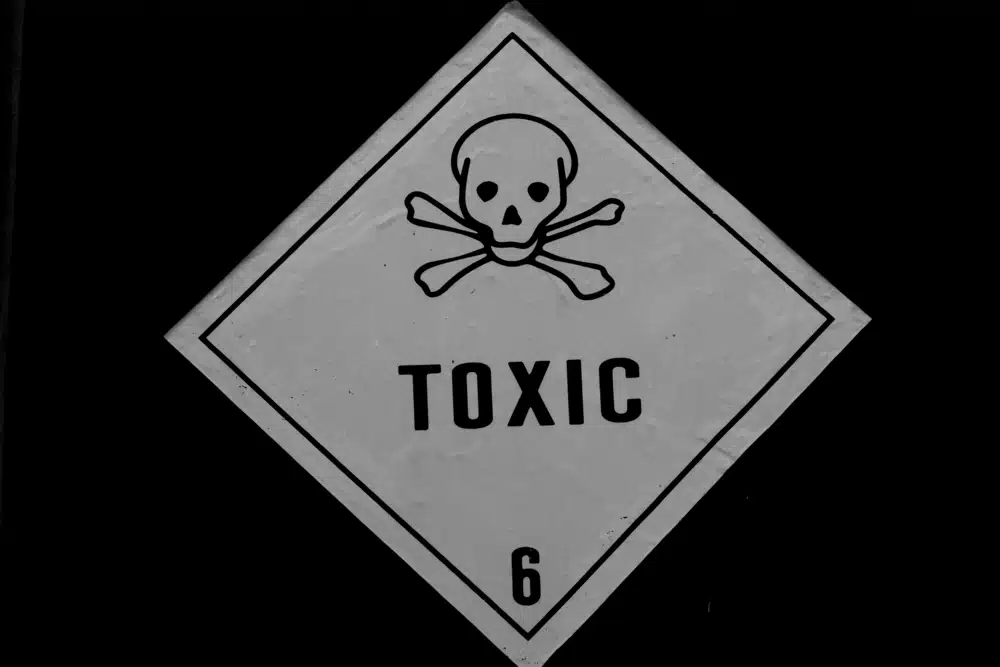As a healthcare professional, I’m dedicated to empowering my patients with knowledge to make informed choices about their well-being. Today’s focus is on “Forever Chemicals,” also known as PFAS (per- and polyfluoroalkyl substances). These man-made chemicals are linked to potential health concerns and are surprisingly present in some everyday products, including dental care items.
Here’s a breakdown of PFAS, why you might want to be aware of them, and how to navigate a PFAS-free oral care routine:
What are “Forever Chemicals” and Why Should We Care?
PFAS are a large group of human-made chemicals known for their water, stain, and grease-repelling properties. This makes them attractive for various applications, but here’s the catch: PFAS are incredibly persistent in the environment and human body. They don’t break down easily and can accumulate over time, raising potential health concerns. Studies suggest links between PFAS exposure and certain cancers, immune system issues, and developmental problems.
PFAS in Dental Care Products?
Yes, unfortunately, some dental floss and toothpaste brands may contain PFAS. These chemicals can be used to create a smooth, slick feeling in floss and potentially enhance a toothpaste’s cleansing properties.
Popular Products Known to Contain PFAS
- Dental Floss: Colgate Total Dental Floss, Oral-B Glide Pro-Health Mint Floss, Oral-B Glide Pro-Health Original Floss, Crest Glide Deep Clean Cool Mint Floss, CVS Health SuperSlip Ease Between Waxed Floss (Note: This list is not exhaustive and based on independent testing)
Finding PFAS-Free Alternatives
The good news is there are plenty of PFAS-free options available! Here are some popular brands that have been independently tested PFAS-free or explicitly state their commitment to not using them:
- Dental Floss:
- Radius Vegan Floss (nylon floss coated with candelilla plant wax)
- Desert Essence Tea Tree Oil Floss (nylon floss coated with beeswax)
- Tom’s of Maine (nylon floss coated with beeswax, carnauba palm, jojoba oil, myrrh resin extract, propolis (carried by bees) tree resin)
- Cocofloss (vegan option with coconut oil, labeled PFAS-free)
- The Humble Company (vegan, cruelty-free certified floss)
- Dr. Tung’s Smart Floss (natural, PTFE & PFAS free)
- RiseWell Scrubby Floss (natural, PFAS-free, dentist-designed)
- Better & Better (PFAS-free floss made with silk or bamboo)
PFAS in Toothpaste?
While less common than in floss, PFAS might be present in some toothpastes. Unfortunately, due to trade secret laws, manufacturers aren’t always obligated to disclose all ingredients.
Here’s what you can do:
- Look for PFAS-Free Labels: Some toothpaste brands are now highlighting their commitment to being PFAS-free. Choose these if available.
- Consider Natural Toothpaste Options: Many natural toothpaste brands focus on organic ingredients and are less likely to contain PFAS.
The Bottom Line: “First, Do No Harm”
Even if you are not a health practitioner, it’s simply a matter of common sense to follow safe health practices. Physicians entering the profession traditionally took the Hippocratic Oath, which had as one of its main tenets the principle that one should “first, do no harm.” You can follow the same philosophy. Thus, it’s wise to be mindful of potential risks, even if the science on PFAS is still evolving. By incorporating PFAS-free alternatives into your oral care routine, you can ensure a healthy and preventive approach.
Remember:
- This blog post is for informational purposes only and doesn’t constitute medical advice.
- If you have specific concerns, consult your dentist for personalized recommendations.
Brushing and flossing regularly remain crucial for optimal oral health. By making informed choices and opting for PFAS-free alternatives, you can maintain a healthy smile while minimizing exposure to potentially harmful chemicals.




